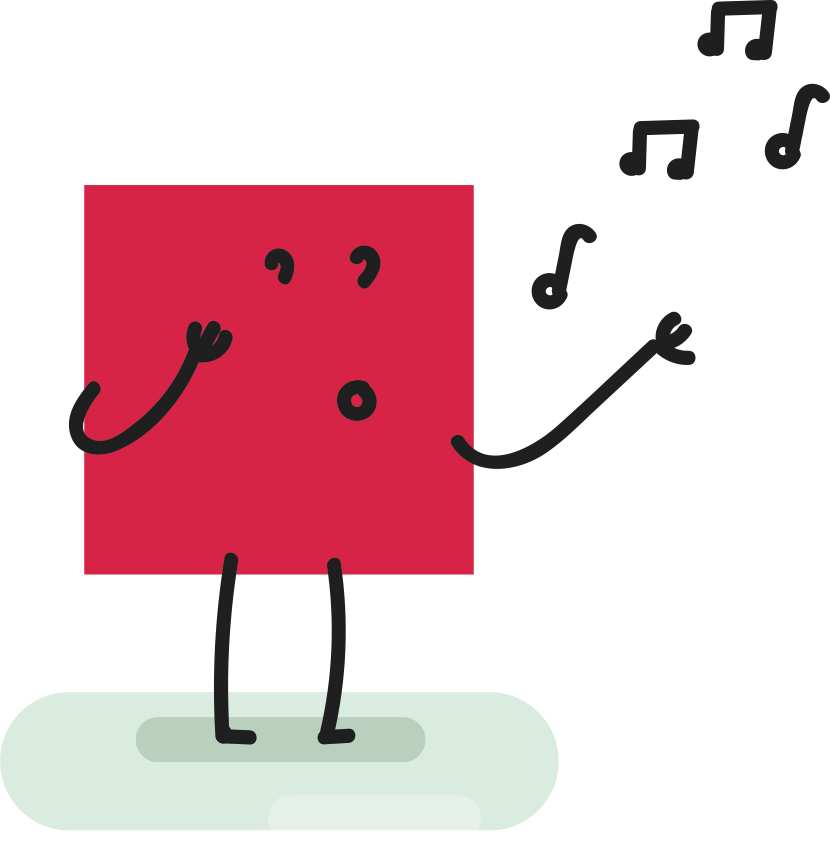

We help children and young people with social communication difficulties and autistic spectrum conditions (ASC)

Non-verbal assessments provide information about underlying processes, which provides a broad range of benefits as they can be used:
We work closely with children, young people, education staff, and families to maximise potential and wellbeing.
A non-verbal assessment can be carried out following an initial discussion, please see our process below.
Non-verbal assessments vary and can include puzzles such as jigsaws, reconstruction tasks, drawing skills and object association tasks. During the initial discussion we will be able to discuss the tasks which are more likely to be carried out during the assessment. To arrange an initial discussion please contact us.
The specific assessments used will be chosen based on the individual’s needs. The main non-verbal assessments we use are:
There are many non-verbal assessments and ways to assess non-verbal abilities and these will be discussed before the assessment takes place if appropriate.
After a non-verbal assessment we would be able to provide a clearer understanding of an individual’s strengths and weaknesses, regardless of their communication abilities. We would be able to make recommendations in relation to next steps. We keep the child or young person’s needs at the centre of decisions made.
We provide bespoke solutions to suit all budgets and requirements, including reports. A non-verbal assessment can come with a report, and the length and use of the report is decided by you. We offer summary, recommendation and comprehensive reports. Read more about our reports.
Non-verbal assessments allow us to assess an individual’s underlying processes, strengths and needs without relying on language skills. non-verbal assessments are very useful for children and young people who have speech, language and communication difficulties, or have EAL. To arrange an initial discussion please contact us and talk to a member of our team.
Arrange an initial discussion to find out how we can benefit your education setting. The initial discussion lasts 2 hours and is a starting point to identify needs. The cost is £260.
only
£260


Once again thank you for all your help and for actually listening to me when others wouldn’t.

Jodie (Parent)
Thank you Julie once again for the excellent report, it captured the child’s needs entirely - SENDIASS, parents and me commented on how well written it was. Many thanks for your continued assistance.

SENCO
Sarah Ward was brilliant with us. Really happy with the help and support, would recommend.

Joanne (Parent)
I think the work you have been doing has been great to help break the stigma of mental health and as a fellow sufferer I know how important that is.

Mental health professional
Many thanks for Sarah W’s hard work with our students which has been very well received.

Deputy Head
Really enjoyed it and learnt lots that I can take back to school. Thank you for the quality experience.

Sarah Tindal
Thank you Julie once again for the excellent report, it captured the child’s needs entirely - SENDIASS, parents and me commented on how well written it was. Many thanks for your continued assistance.

SENCO

We provide bespoke solutions to suit all budgets and requirements for children and young people aged 0-25 in homes, education settings and the community. Our clinical, educational and child psychology services are cost effective.
To make a referral and arrange an initial discussion please complete our referral form.

Ready to get started? The next step is to speak to our team to find out more about the services we provide and how we can help. Call us on 0161 820 9229 or email office@hsrpsychology.co.uk